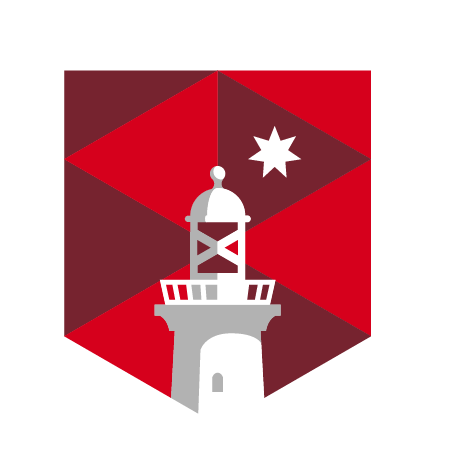Date: Thursday 16 February
Time: 9.00am-12.15pm
Location: Australian Hearing Hub,Level 1, Lecture Theatre
Program:
- 9:00 – 9:05: Introduction by Associate Professor Mridula Sharma (Department of Linguistic, Australian Hearing Hub)
- 9:05 – 9:45: “The role of motivation in listening effort” by Professor Mary Rudner (Department of Behavioural Sciences and Learning, Linköping University, Sweden)
Abstract: Hard of hearing people often report listening effort but it has been unclear how this phenomenon can be captured theoretically. A Framework for Understanding Effortful Listening (FUEL) represents the consensus reached at the Fifth Eriksholm Workshop on Hearing Impairment and Cognitive Energy. FUEL builds on the well-established role of cognition in hearing but also adds a motivational dimension. This talk will focus on the role of motivation in listening effort. - 9:45 – 10:15: “Effects of noise exposure and musical training on the neural encoding of sounds. What factors determine our ability to understand speech in noise?“ by Dr Joaquin Valderrama-Valenzuela (National Acoustic Laboratories, Australian Hearing Hub)
Abstract: Speech comprehension in the human brain involves both a very sophisticated neural structure that encodes the sounds we hear into patterns of electrical activity, and cognitive abilities that enable the integration of the received information with previously acquired knowledge. Understanding the effects that external factors like musical training and noise exposure have on our auditory neural architecture, as well as determining the main cognitive factors influencing speech comprehension, may help in the design of efficient strategies for prevention and treatment of communication deficits. - 10:15-10:35: Break
- 10:35 – 11:05: “The influence of the linguistic experience on words-in-noise recognition scores in adults“ by Associate Professor Josée Lagacé (Faculty of Health Sciences, University of Ottawa, Canada)
Abstract: Non-native listeners typically score lower on speech-in-noise test than native listeners with the same hearing ability, but not much is known about the influence of knowing more than one language in one’s ability to perceive speech in noise. The goal of this study is to examine the influence of the linguistic experience of normal-hearing adults speaking two or more languages on a words-in-noise test. The results will be presented, and how audiologists can get a clearer portrait of the ability to hear speech in noise in bilingual populations is discussed. - 11:05-11:30: “The NAL Dynamic Conversations Test and its relation to cognition” by Dr Gitte Keidser (National Acoustic Laboratories, Australian Hearing Hub)
Abstract: A new Dynamic Conversations Test developed at the National Acoustic Laboratories (NAL-DCT) is designed to parallel mental processes involved in higher-level communication. Evaluated in 41 older adults with varied degree of hearing loss, we found that NAL-DCT was as sensitive to changes in hearing, signal-to-noise ratio, and amplification as is a traditional sentence recall test, with NAL-DCT additionally being sensitive to a cognitive construct tapping into verbal processing resources. - 11:30-12:00: “Reported measures of listening effort“ by Ms Sarah Hughes (South Wales Cochlear Implant Programme, UK) and Dr Isabelle Boisvert (Department of Linguistic, Australian Hearing Hub)
Abstract: Listening to speech in background noise or with a hearing loss is known to be effortful. The effort experienced is assumed to be the result of the increased cognitive load needed to understand speech and the individual’s motivation to listen. This presentation will discuss the consistency between the reported experience of listening effort and current theory, and how this can inform the development of validated clinical tools. - 12:00-12:15: General discussion – the audience + all presenters.
Who should come: Hearing, speech and language researchers and clinicians, cognitive scientists, psychologists, researchers in ageing health and health care professionals.
Network: Learn from one another and see what collaboration opportunities are available.
Registration: Entry is free and open to the public. Please email louise.dodd@mq.edu.au to register by Monday 13 February 2017





